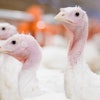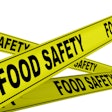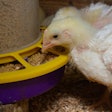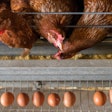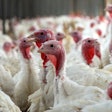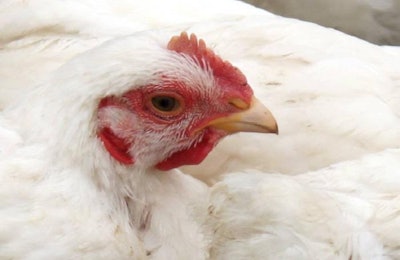
Ten years ago, I attended my first International Production & Processing Expo (IPPE) and in that time frame, I’ve attended all but one in-person IPPE, plus the virtual IPPE Marketplace in 2021.
However, it wasn’t until last year that I attended the International Poultry Science Forum (IPSF), which typically starts one day before IPPE officially kicks off.
I found it to be a very worthwhile event, not only because it gave me a few story and blog leads, but it also got me some new contacts, particularly with those in academia that we may not otherwise hear from very often. That's why I came back for the first day of the 2023 IPSF, on January 23.
Not your ordinary IPPE sessions
From a writer’s perspective, the forum is not like many of the other sessions we attend and cover at IPPE. Many of these presentations are based on research that hasn’t yet been published, so therefore we may sit through an entire presentation and not write anything because we don’t want to scoop the researchers, so to speak. Because some studies may not be published yet, recording and photography at the event is prohibited, and when the subject matter is that scientific, you want to be as thorough in your reporting as possible.
A few tidbits
I made it a point to speak to nearly every speaker I heard after their presentations, and I asked each of them if they would mind if I just shared one small detail about their presentation without giving all the details away. I also asked them if after IPPE, would they want to have a more thorough discussion with me or a co-worker at WATT Global Media about their topic of study.
And all agreed.
So for now, here are a few things I learned that I found interesting:
- A perennial grass known as Kernza is being examined as a possible feed ingredient that could improve broiler performance. It is part of the wheat grass family. For now, its drawbacks are that it is more expensive and doesn’t yield as well as traditional wheat.
- Fish meal as a feed additive for roosters could be a way for broiler breeder males to improve fertility. An earlier study showed that the improvements are not significant, but another trial focused on older breeding males could have a different outcome.
- When it comes to boards, ramps and huts as enrichments in broiler barns, huts seemed to be the most advantageous and most popular to the birds.
- Cranberry pomace is rich in bioactive compounds, and research has been done to see if as a feed additive if it could help battle coccidiosis or necrotic enteritis.
Like being back in college
In a way, IPSF was like being in a college classroom again. But these “courses” were only 15 minutes long, and there was no test.
Admittedly, there were a few topics I may not have thoroughly understood, but luckily, most of these speakers were representatives of major agricultural universities and have a desire to share their knowledge.
But no matter how complicated some of the subject matter was, I learned something from each session, and found it a very worthwhile use of my time.

